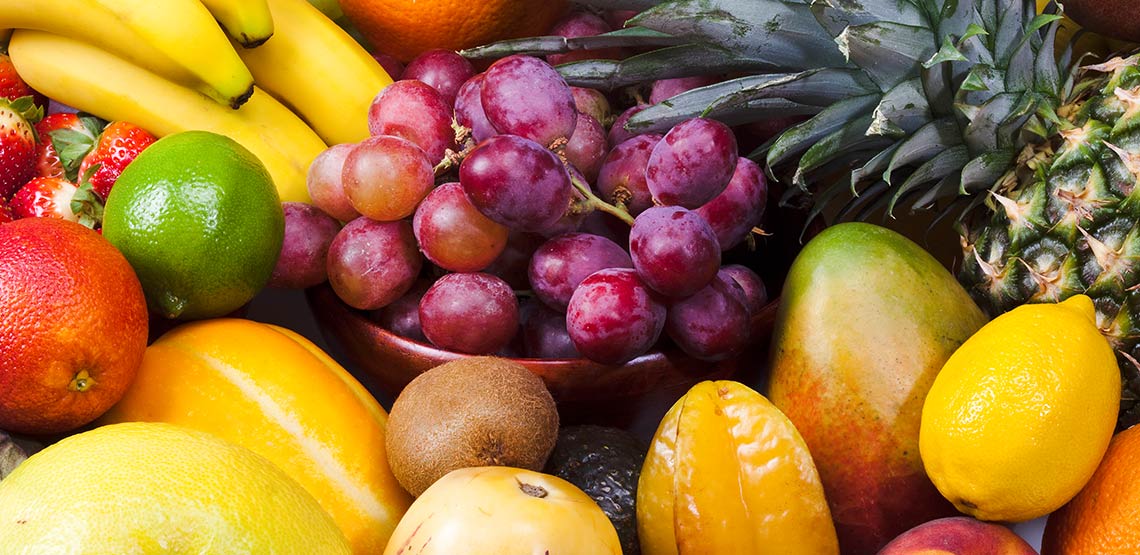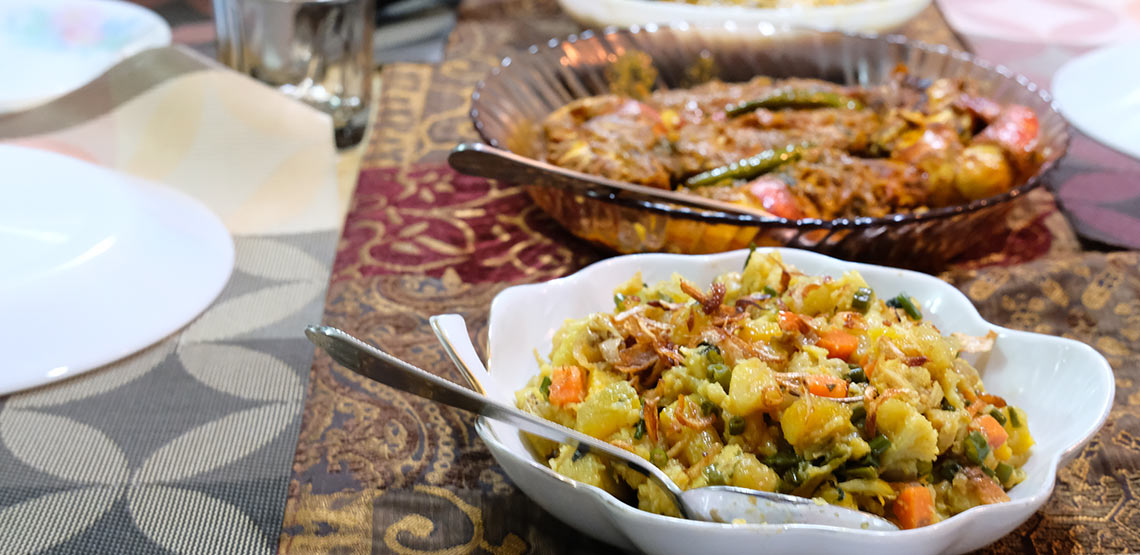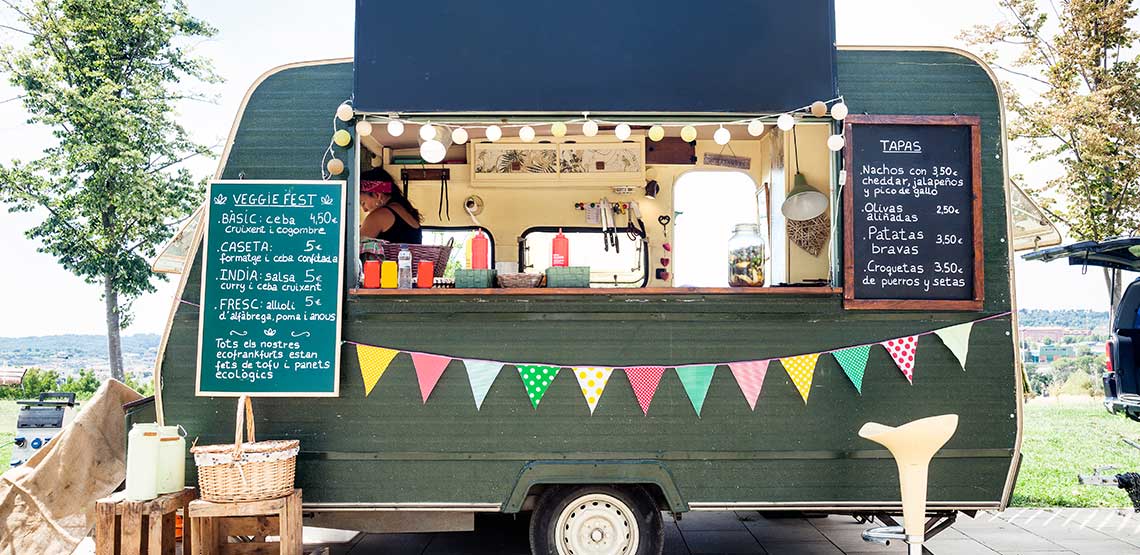10 Easy Tips to Make Traveling as a Vegan Easier
Eating Vegan While on the Road? Yes, It Can be Done!
Traveling as a vegan can seem impossible sometimes. Many cultures follow a diet that contains a lot of meat. In some places, when you explain that you don’t eat meat you’re often met with the response, “It’s okay, we have chicken!” Meat-free options — if there are any — are usually in the form of an omelet or something dripping with cheese, leaving vegans high and dry.
However, while maintaining a vegan diet on the road certainly isn’t always easy, it can be done. With a little planning and creative thinking, you’ll be happy, healthy and well-fed on plant-based foods. Here are our top vegan travel tips!
1. Preparation Is Key
Planning is the most important part of traveling as a vegan. This means doing a little preliminary research on vegan-friendly dining spots and carrying enough snacks to tide you over when you’re having trouble finding a meal.
2. Make Sure You’re Covered from Takeoff to Landing
One thing that makes vegan traveling easier is that you can request vegan meals on flights. Nearly all airlines these days have a vegan option, so it’s simply a matter of informing them. Often you can do this online under the “manage your booking” tool, or you can also call the airline’s customer service just to be sure.
3. Fruit for the Win
Fresh fruit is one of the best vegan foods out there, and when you’re traveling in exotic locales it also happens to be one of the best foods full stop. In tropical countries, roadside stalls are piled high with mangoes, pineapples and bananas still attached to branches, alongside dozens of other fruit too exotic and colorful to name.
Picking up fruit from local growers or markets is a good way to snack and stay healthy on the road, plus you’ll probably get the opportunity to try something you never even knew existed!
4. Cook Your own Meals
Self-catering is often the most straightforward way of making sure you get tasty vegan meals on the road. Fortunately, Airbnb means you can easily book rooms, apartments or whole houses that have a fully equipped kitchen so you can prepare your own food at home.
Hostels also typically have kitchens guests can use, so opting for a hostel rather than a hotel can make life easier. Failing access to a kitchen, a pocket knife, and a travel cup or bowl can be enough to make a salad in a pinch. Making space for these items in your luggage can be a lifesaver.
5. Ask Your Friend Google
The internet is your best friend when it comes to vegan travel. Thanks to limitless resources on the subject, you can now map out vegan-friendly restaurants before you arrive or during your stay. HappyCow is a favorite website among vegans, as it lists all of the plant-based dining options in a city. They even have an app, to make things even easier.
You might be surprised by how many options you can find! The website has reviews from other vegans (who are notoriously picky eaters) so you can be confident that if a place has glowing recommendations that it’s going to be good.
6. Use Social Media to Your Advantage
Another way of finding where to eat is searching on Instagram. Searching hashtags for your locations (such as #veganberlin) can lead you to lots of mouthwatering photos taken in vegan restaurants, and could even connect you with vegan bloggers.
The vegan community is a kind one, so reaching out to fellow vegans over social media is often a great way to score recommendations or even invites for meetups!
7. Learn the Local Lingo
Studying some phrases in the local language can help ensure you don’t get any non-vegan surprises in your meals. Teach yourself how to say things such as “Is there butter/fish sauce/eggs in that?” and “I don’t eat meat/milk/eggs.”
Sometimes people will be more understanding of a dietary restriction if allergies are involved, so you can also learn how to say you are allergic to butter and eggs. Learning the names of ingredients such as whey, eggs or lard can also make it easier when you are in the supermarket and trying to decipher what the ingredients on a certain product are.
Getting lost in a foreign city can be inspiring but also pretty stressful, so how can you avoid getting lost and what should you do if it happens?
8. Research Local Delicacies
Look into some of the local foods served in your destination and find out which ones are vegan. This will make it easier when it comes to ordering off a menu in another language, or grabbing street food on the go.
9. Ask Restaurants to Accommodate You
Don’t be afraid to ask for customized orders. You may not always be able to find restaurants with vegan options on the menu, but most places should have something you can work with. For example, you could ask them to hold the feta in a salad or refrain from putting cheese on a pasta dish.
Simple meals such as pasta with a marinara sauce or stir-fried veggies and rice should be manageable at most places you go, as long as you’re clear about asking for what you want.
10. Don’t Sweat the Small Stuff
One last important thing to remember: if you accidentally eat something that contains fish sauce or eggs, don’t lose sleep over it. You’re still doing your best to make a difference, whatever your reason for being vegan is, and being 100% vegan 100% of the time isn’t the main goal. Just do the best you can with what you have and enjoy your trip!










